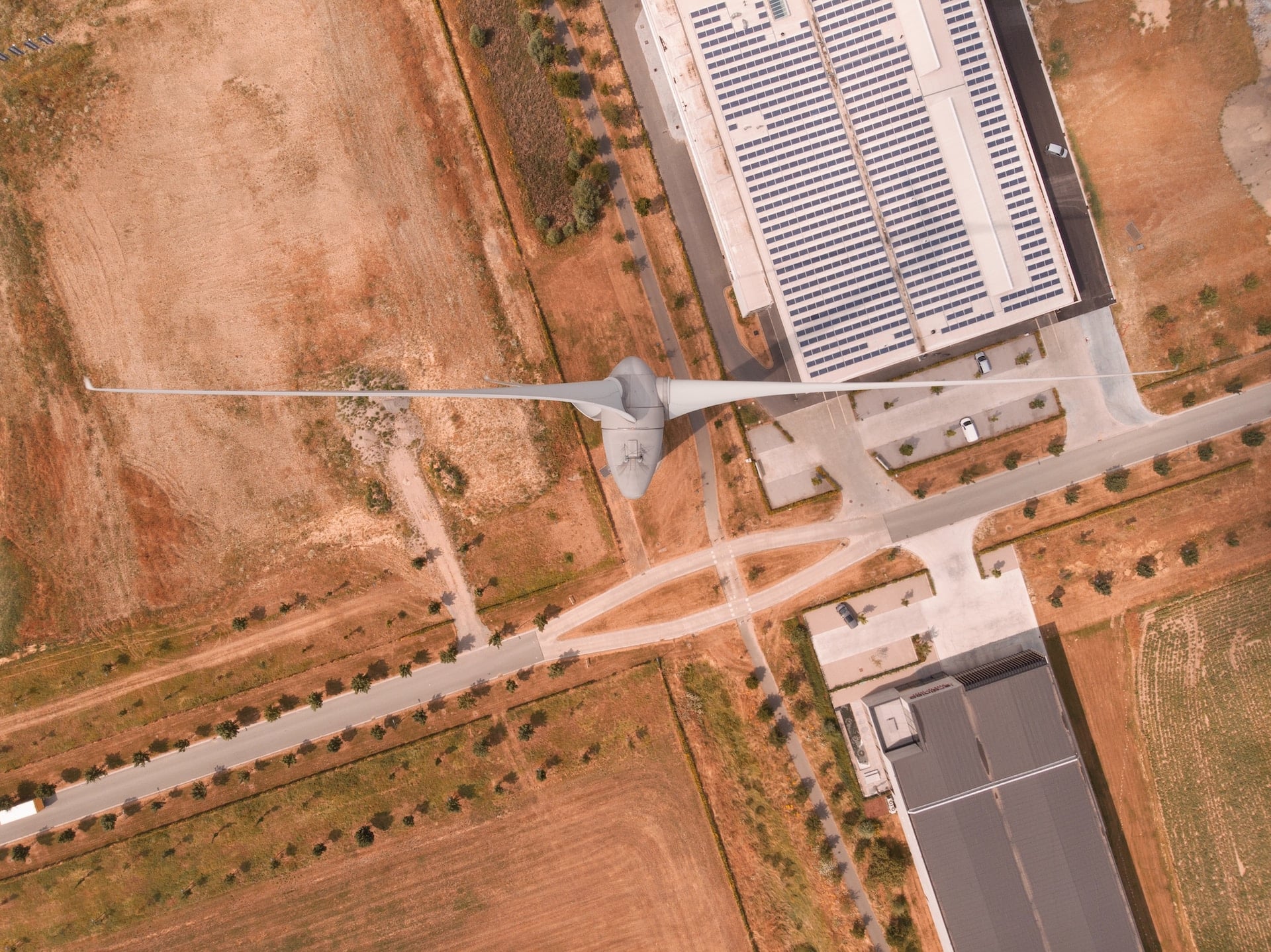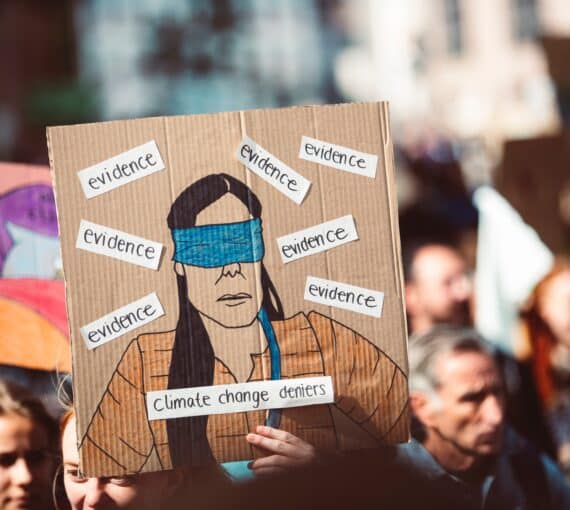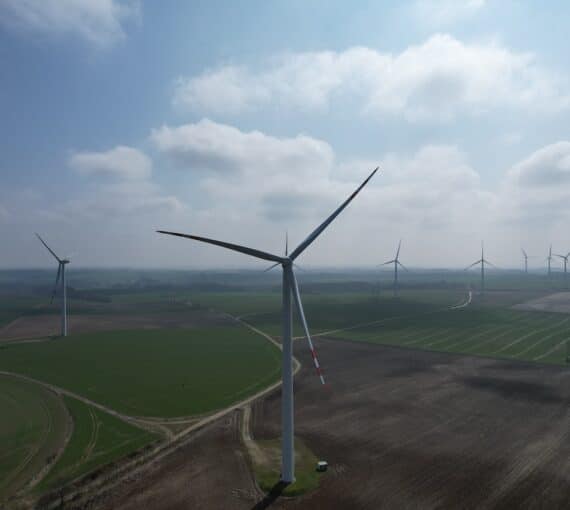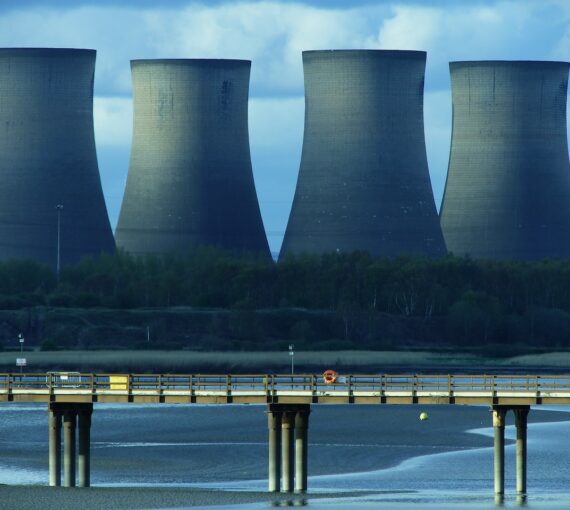
Addressing the climate crisis requires numerous solutions; the most critical is shifting quickly from coal, oil and gas to renewable energy. But we must also reduce overall energy use (Photo: Karel Vh via Unsplash)
Too many people are consuming more than Earth’s systems can replenish. But while population growth is an important issue, overconsumption of energy and products is the more immediate and easily resolvable problem.
The wealthy, including middle-class people in rich countries, are responsible for many times the climate-altering emissions of lower-income people — the super rich especially. The Stockholm Environment Institute estimates that the world’s top 0.1 per cent emitted 10 times more per capita than the rest of the richest 10 per cent combined, more than 200 tonnes of carbon dioxide a year each.
Poorly insulated, inefficient large homes and buildings, large personal vehicles, yachts and private jets (and just flying a lot in general) all use considerable amounts of energy.
As the International Energy Agency points out, “Wealth, energy use, and the consumption of goods and services are unevenly distributed across the world. Carbon dioxide (CO2) emissions are no exception.”
As the International Energy Agency points out, “Wealth, energy use, and the consumption of goods and services are unevenly distributed across the world. Carbon dioxide (CO2) emissions are no exception.”
The IEA adds, “Globally, the top 10% of emitters were responsible for almost half of global energy-related CO2 emissions in 2021, compared with a mere 0.2% for the bottom 10%,” and “85% of them live in advanced economies” — including Canada.
The disproportionate numbers are equally shocking when considering wealth indicators within countries, which reveal the oversized footprint the tiny minority of excessively moneyed people have.
A recent study published in Nature Energy, “Emissions savings from equitable energy demand reduction,” found meeting the needs of 20 per cent of people in Europe who use the least energy while reducing demand from the top 20 per cent high energy users “can achieve considerable greenhouse gas emissions reductions of 11.4% from domestic energy, 16.8% from transport and 9.7% from total energy consumption.”
The study points out that while decarbonizing energy use — that is, stopping fossil fuel use — is essential, reducing energy demand in the Global North is a necessary step to meeting climate targets.
In its latest review, the Intergovernmental Panel on Climate Change found strategies to cut demand could reduce emissions by 40 to 70 per cent by 2050, compared to business as usual. Curbing use of everything from goods to energy among the well-off, which requires overcoming our wasteful consumerist habits, could help meet the needs of those experiencing energy poverty as emissions come down.
The study points out that while decarbonizing energy use — that is, stopping fossil fuel use — is essential, reducing energy demand in the Global North is a necessary step to meeting climate targets.
“We have to start tackling luxury energy use to stay within an equitable carbon budget for the globe but also to actually have the energy resources to enable people in fuel poverty to slightly increase their energy use and meet their needs,” said Milena Büchs, “Emissions savings” study lead author and professor of sustainable welfare at the University of Leeds, in a Guardian interview.
The study affirms that “those who have contributed most to climate change and who have greatest capacity to act should carry the greatest responsibility for reducing energy demand and emissions.” “Capacity to act” refers to the fact that the affluent could substantially reduce their environmental footprints by giving up or curtailing what many would consider “luxuries.” And, as the Guardian reports, “Rich people have more agency to cut their emissions and those of others” — not just in how they shop “but also how they act as citizens, investors, role models and workers.”
We should also consider the Jevons paradox when discussing consumerism. This implies that, rather than reducing demand, greater efficiency leads to lower costs, which increases overall demand. Let’s not just swap out one wasteful consumer society for another, albeit one with cleaner energy sources.
It’s becoming increasingly clear that the climate crisis is also a social justice crisis. Much of it has been caused by excessive consumption among the economically privileged — people and nations — who have benefited the most from it, while those who have contributed the least to the problem have been most devastated by its impacts — impacts that are cutting a wider swathe every day!
Addressing the climate crisis requires numerous solutions; the most critical is shifting quickly from coal, oil and gas to renewable energy. But we must also reduce overall energy use, and that starts with those who use the most. At the same time, policies and regulations that curb excessive consumption among the rich must also lift those less fortunate out of energy poverty. Better energy, better equity.



